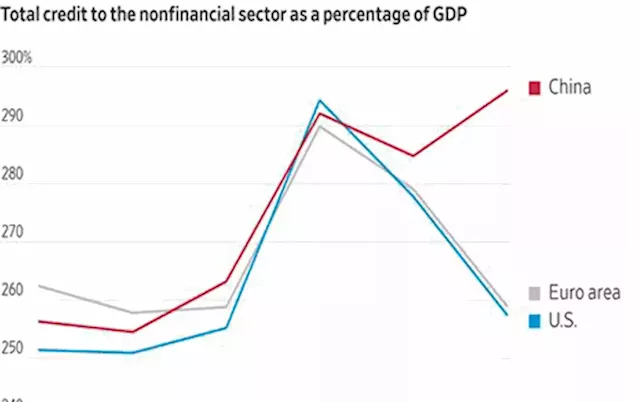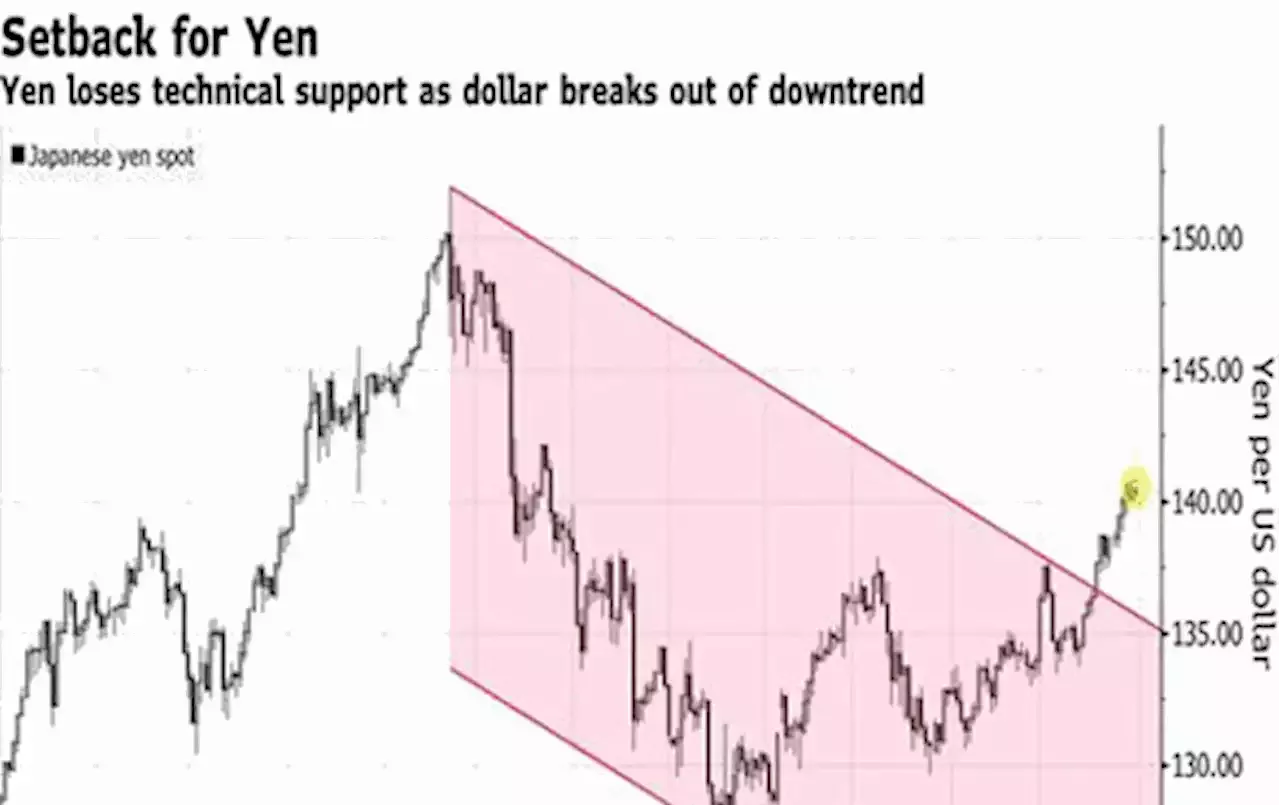CBO issues surprise re: SNAP changes | Xi involved in crackdown on statistical fraud
The Congressional Budget Office estimates the debt-limit bill would reduce budget deficits by $1.5 trillion over the next 10 years, and reduce discretionary spending by a projected $1.3 trillion from 2024 to 2033. JPMorgan's annual Global China Summit is going ahead in Shanghai, and the bank's CEO Jamie Dimon told Bloomberg TV that they would be in China through the good times and the bad, reiterating a commitment to do business in the country even as political tensions with the U.S. rise."Over time there'll be less trade," Dimon said."It'll take years for this thing to take place, but it won't be a decoupling and the world will go on.
U.S. equities yesterday: The Dow ended down 50.56 points, 0.15%, at 33,042.78. The Nasdaq rose 41.74 points, 0.32%, at 13,017.43. The S&P 500 edged up 0.07 point, 0.00%, at 4,205.52. The Indian economy expanded 6.1% year-on-year in Q1 2023, higher than an upwardly revised 4.5% in Q4 2022 and well above market forecasts of 5%. The expansion was mainly boosted by private consumption, services exports and manufacturing amid easing input cost pressures. Also, services have emerged as a major driver, comprising more than half of GDP.
The Conference Board's closely watched index of consumer confidence fell to a six-month low this month, declining to 102.3 from a revised 103.7 reading in April. But economists had expected the index, which can be a signal for the direction of the US economy, to dip even lower than that. The survey was conducted prior to Biden and McCarthy announcing their debt-ceiling deal.
Upshot: As noted by Michael Fratantoni, the chief economist at the Mortgage Bankers Association, while refinance demand is primarily driven by the level of interest rates, the volume of purchase continues to be restricted by the scarcity of homes on the market. He warns that the fiscal challenges ahead for the U.S. are potentially worse than those projected by the Congressional Budget Office . The CBO forecasted a U.S. budget deficit of 7.3% of GDP in fiscal year 2033, but Summers believes it could be as high as 11% under different assumptions. As a result, he predicts significant increases in revenue will be necessary, likely through higher taxes.
• Starting with deliveries that arrive Thursday, the U.S. is set to become a part of the world's leading oil benchmark, Brent crude, marking the first time a non-European grade has been incorporated into this global pricing standard. This significant move is a testament to the U.S.'s ascendancy as an energy superpower, largely driven by the shale revolution.
• Glencore Plc is getting closer to increasing its offer for Teck Resources Ltd. in a move aimed at ending weeks of limbo in the battle over the Canadian miner's future. A sweetened bid could be announced in the coming weeks, Bloomberg reports, citing people familiar with the situation. Background. The EU restricted imports of Ukrainian wheat, corn, rapeseed and sunflower seeds until June 5 in Bulgaria, Hungary, Poland, Romania and Slovakia, but said that could be extended if oversupply situations in those countries still existed at that time.
Despite some bipartisan criticisms, both House Speaker Kevin McCarthy and President Joe Biden appear confident that the bill will pass in both chambers of Congress and become law before June 5. This date is significant as the Treasury Department estimates that the government will run out of money to pay its bills by then.— Changes to food aid in debt limit bill would cost money, not save: CBO.
"In CBO's estimation, if HR 3746 was enacted and appropriations that are subject to caps on discretionary funding for 2024 and 2025 were constrained by the limits specified in section 101 of the bill, the agency's projections of budget deficits would be reduced by about $1.5 trillion over the 2023–2033 period relative to its May 2023 baseline projections. Reductions in projected discretionary outlays would amount to $1.3 trillion over the 2024–2033 period.
According to Sen. Joni Ernst due to opposition from Republicans and various oil and energy groups. These opponents argued that Carlson's stance on climate issues was problematic, expressing concern that she might transform the NHTSA into a body primarily concerned with enforcing climate change regulations.— Chinese leader Xi Jinping appears to be personally involved in a crackdown on statistical fraud, indicating the seriousness of the issue, according to China watchers at Trivium.
The yuan, now down more than 3% from its early May peaks, skidded to its lowest level of the year against the dollar as investors considered the possibility of further credit easing by the Chinese central bank. The Biden administration has asked for technical consultations under USMCA about the decree, contending that although Mexico allows GMO corn for animal feed, the ban on GMO corn for food use contradicts Mexico's USMCA commitment to base biotechnology decisions on scientific evidence. The U.S. maintains that GMO corn is safe for both food and feed use.
— Update on restoring WTO dispute settlement system. Members of the World Trade Organization are working towards fulfilling a mandate from the June 2022 12th Ministerial Conference to restore a fully functioning dispute settlement system by 2024. The U.S. continues to block new appointments to the Appellate Body until its concerns with WTO dispute settlement are addressed.— RFS update. There are now 32 meetings that have either occurred or are planned at the Office of Management and Budget regarding the final rule from the Environmental Protection Agency for levels under the Renewable Fuel Standard for 2023 and beyond.
— As Texas grapples with power grid issues, the state is experiencing an increase in interest and investment in battery storage projects, Reuters reports. Battery storage projects in Texas are yielding returns of about 20%, more than double that of solar and wind projects, according to Rhett Bennett, CEO of Black Mountain Energy Storage. The surge in battery storage deployment follows the collapse of Texas' energy grid due to an ice storm in February 2021.
Consumer advocates argue that the FDA hasn't adequately reviewed some of these additives since the 1970s. They point to comments from the FDA in 1992 suggesting it would revoke the use of Red 3 in food, an action that has not been taken. The FDA has responded that it continues to monitor scientific developments around the safety of Red 3 and has evaluated the safety of all the substances included in the California bill.
United States United States Latest News, United States United States Headlines
Similar News:You can also read news stories similar to this one that we have collected from other news sources.
 Kitco daily macro-economic/business digest - May 30
Kitco daily macro-economic/business digest - May 30
Read more »
